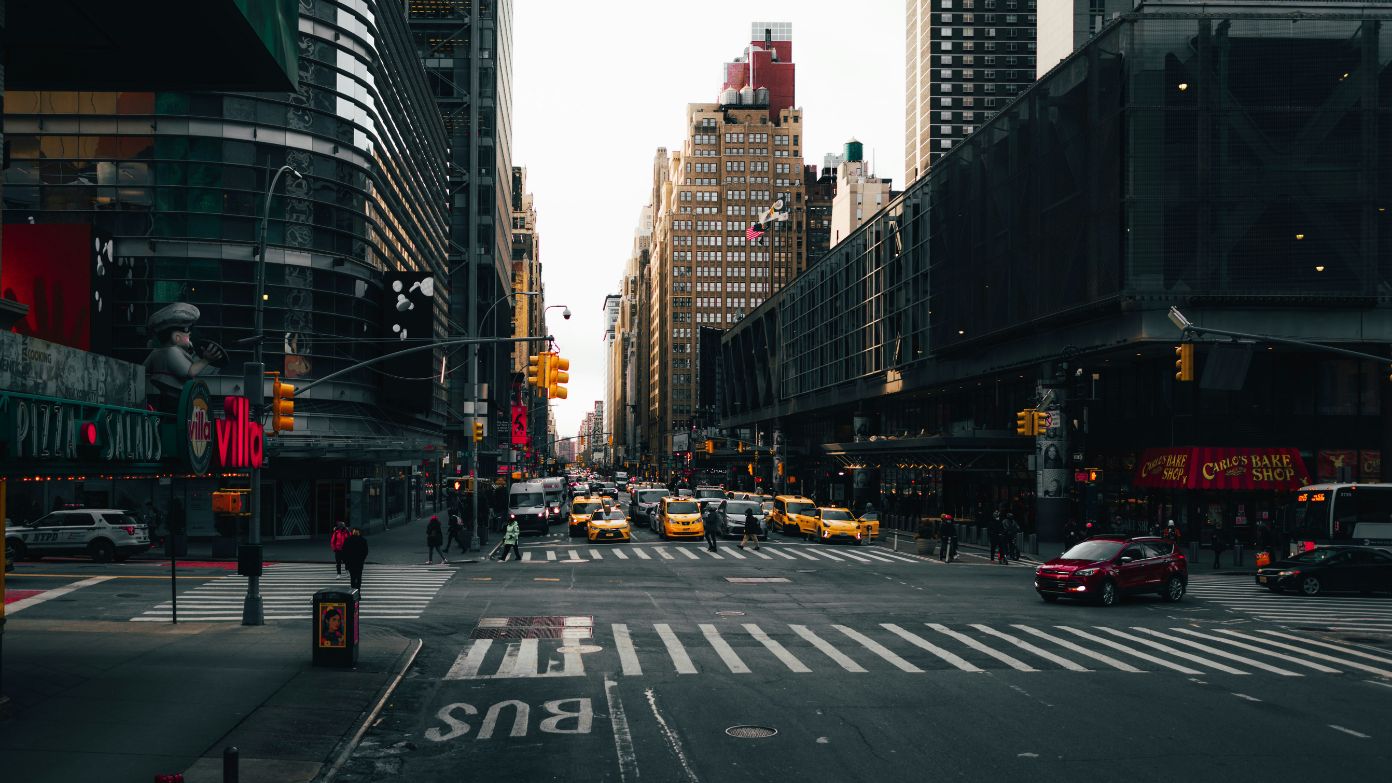Thousands of grocery and pharmacy delivery workers in New York City are getting a well-earned raise. A new law—known as the 737-A Act—is now guaranteeing a minimum wage of $21.44 per hour for app-based delivery drivers working through companies like Instacart and Shipt. If you deliver groceries or pharmacy items in NYC, this new law could put more money in your pocket, and much sooner than you may think.
Who qualifies for the new $21.44 wage in NYC?
If you work as a grocery or pharmacy delivery driver using third-party apps like Instacart or Shipt, and you deliver within New York City, this raise is meant for you.
- This new rule affects nearly 20,000 grocery delivery workers.
- It brings grocery delivery drivers up to the same wage level as restaurant app workers (like Uber Eats or DoorDash).
- You are covered whether you work part-time or full-time, as long as you are completing deliveries through these platforms in NYC.
What is included in the 737-a act?
This is not just about higher pay. The new law includes important protections and transparency measures to help make sure you get what you are owed.
Here is what the new law requires:
- A $21.44 per hour minimum wage for grocery and pharmacy delivery drivers.
- Delivery apps must provide an option to tip upfront when customers place an order.
- Apps must offer a default tip of at least 10% of the purchase amount.
- Payments must be issued within 7 calendar days after the pay period ends.
- Each worker must receive a written breakdown of their pay, including how tips and base pay are calculated.
- Companies must keep pay records for three years and give you a copy upon request.
As Councilmember Shaun Abreu explained, “We are being more transparent with both workers and consumers. The idea is for the system to work better for everyone.”
How will tipping options change for customers?
In the past, some delivery apps hid the tipping option at the end of the checkout process, which led to lower tips for many workers. That changes now.
With the new law:
- Apps are required to show tipping options at the start of the order.
- They must suggest a minimum 10% tip.
- Customers will see tipping more clearly and earlier, which helps you earn more.
This update addresses complaints raised by Deliveristas Unidos, a worker advocacy group, who said tips were often reduced due to poor app design.
What are companies like instacart and shipt saying?
Not everyone supports the new rule. Some companies have pushed back, saying the law could hurt both workers and customers.
An Instacart spokesperson warned that the change might:
- Increase delivery costs by up to 46%.
- Make it harder for some drivers to get enough work.
- Lead to higher prices at local grocery stores.
Shipt also raised concerns, saying, “These bills were crafted without input from grocery delivery workers. Their desire for flexibility was ignored.”
So while you may see better pay, these companies believe it could come with unintended consequences, like fewer orders or more restrictions on how you work.
What do workers think about the change?
For many workers, the pay increase sounds great in theory. But in practice, some still feel like they are being left behind.
One delivery driver named Vicente shared his experience: “Despite all the hype about the pay raise, the developers behind these apps are geniuses. They find ways to block your work hours, they kick you out of the app, and ultimately, there is not much difference between what you earned before and now.”
Many delivery workers now juggle multiple apps just to stay afloat, even with the higher wage.
What other protections are being added for delivery workers?
The city is also stepping in to protect your safety—especially if you use electric bikes for deliveries.
A new rule requires:
- All e-bikes used by delivery drivers must be certified and safe, to help prevent fires caused by cheap or uncertified batteries.
- Companies are responsible for making sure the e-bikes their drivers use follow local laws.
There is even a new city department—the Department for Sustainable Delivery—to help enforce safety rules and ensure you have safe equipment while out on the streets.
Mayor Eric Adams said, “This is another step we are taking to support delivery drivers, ensure pedestrian safety, and hold app-based delivery companies accountable.”

